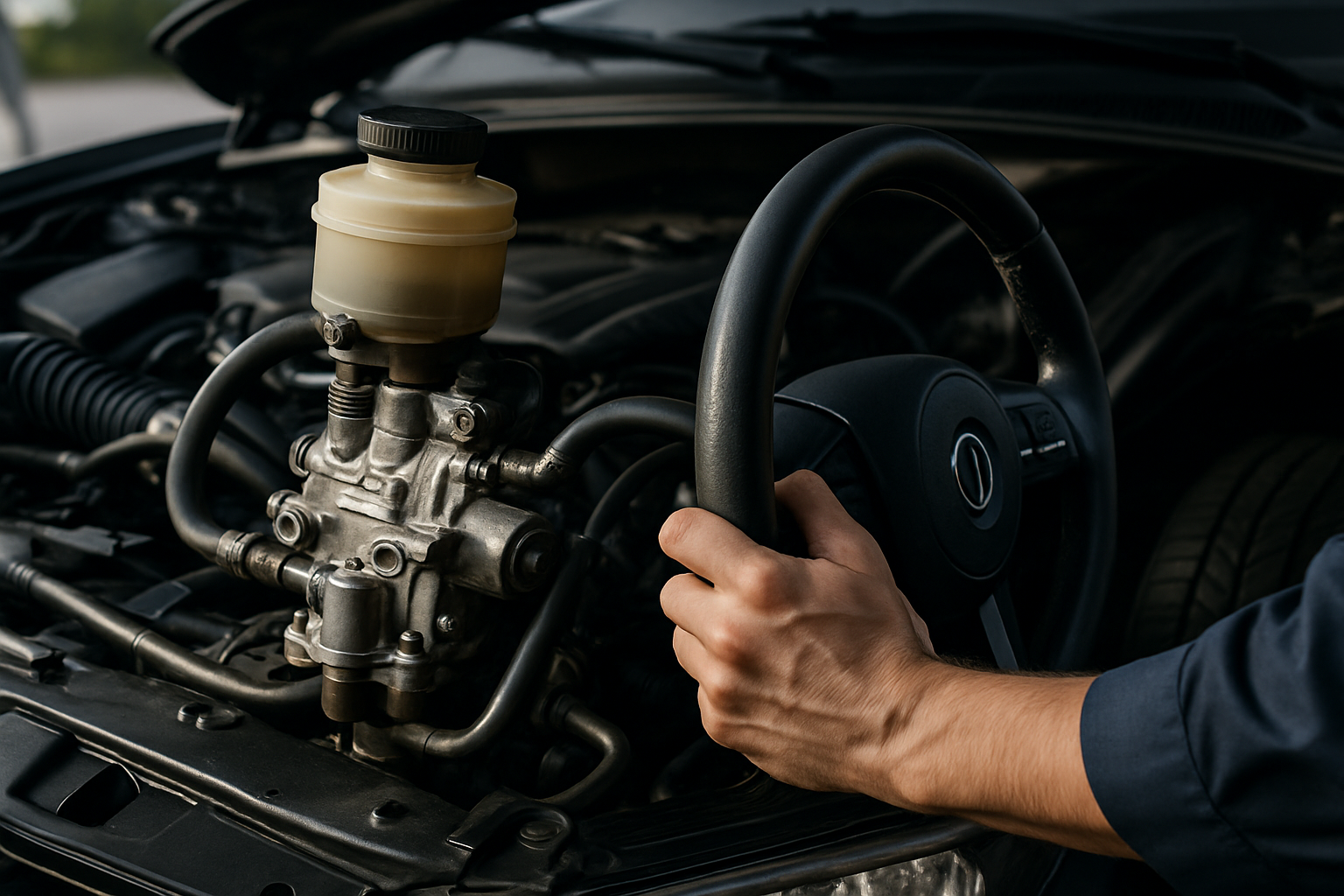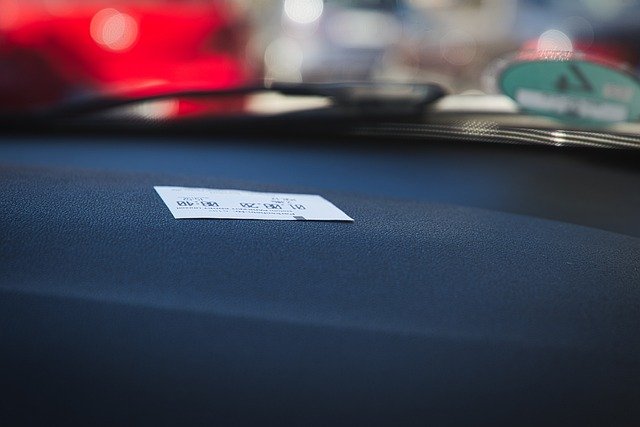How to Navigate Police Impound Car Auctions: A Practical Guide to Smarter Vehicle Finds
Looking into seized and used vehicles online can open the door to practical car buying options many overlook. This guide explores how police impound auctions may offer access to budget-conscious vehicles, with tips on researching history, inspecting condition, and approaching each listing with realistic expectations—ideal for those exploring affordable transportation possibilities.

What are police impound car auctions?
Police impound car auctions are events where law enforcement agencies sell vehicles that have been seized, abandoned, or impounded. These auctions provide an avenue for the public to purchase vehicles at potentially lower prices than traditional used car markets. The process typically involves bidding on vehicles that have been confiscated due to various reasons, including criminal activities, traffic violations, or abandonment.
How can I find cheap police car auctions near me?
Finding affordable police car auctions in your area requires some research and persistence. Start by checking your local police department’s website or contacting them directly for information on upcoming auctions. Many municipalities partner with online auction platforms to streamline the process. Websites like GovDeals, PropertyRoom, and PublicSurplus often list police impounded cars available for bidding. Additionally, sign up for email notifications from these platforms to stay informed about new listings in your region.
What should I know before bidding on affordable seized vehicles?
Before participating in an auction for affordable seized vehicles, it’s crucial to do your homework. First, thoroughly review the auction rules and regulations, as they can vary between jurisdictions. Understand the payment methods accepted, any additional fees, and the timeframe for vehicle removal after winning a bid. Most importantly, research the specific vehicles you’re interested in by obtaining the Vehicle Identification Number (VIN) when available. Use this to check the vehicle’s history report, which can reveal important information about past accidents, ownership, and maintenance records.
How do I inspect police impounded cars before bidding?
Inspecting police impounded cars is a critical step in the auction process. Many auctions allow for in-person inspections during designated preview periods. Take advantage of these opportunities to examine the vehicles closely. Look for signs of wear and tear, check the tires, inspect the body for damage, and test the electronics if possible. Bring a mechanic or a knowledgeable friend to help assess the vehicle’s condition. If in-person inspection isn’t possible, carefully review all available photos and information online. Remember, most impounded vehicles are sold “as-is,” so thorough inspection is vital to avoid costly surprises later.
What are the potential risks and benefits of buying impounded cars online?
Buying impounded cars online can offer significant savings, but it comes with risks. Benefits include access to a wide variety of vehicles, potentially lower prices than traditional dealerships, and the convenience of bidding from home. However, risks include limited or no warranty coverage, possible hidden damage or mechanical issues, and the inability to test drive before purchase. To mitigate these risks, set a strict budget, factor in potential repair costs, and be prepared to walk away if a deal seems too good to be true. Always read the fine print and understand the terms of sale before committing to a purchase.
How do I determine a fair price for police impounded cars?
Determining a fair price for police impounded cars requires careful research and consideration. Start by checking the Kelley Blue Book or NADA Guides for the vehicle’s market value, considering its make, model, year, and estimated condition. Factor in potential repair costs based on your inspection or the vehicle’s description. Remember that while impounded cars can be cheaper, their condition may vary widely. Here’s a comparison of typical pricing scenarios:
| Condition | Retail Price | Auction Estimate | Potential Savings |
|---|---|---|---|
| Excellent | $15,000 | $12,000 | 20% |
| Good | $12,000 | $9,000 | 25% |
| Fair | $9,000 | $6,000 | 33% |
| Poor | $6,000 | $3,000 | 50% |
Prices, rates, or cost estimates mentioned in this article are based on the latest available information but may change over time. Independent research is advised before making financial decisions.
In conclusion, navigating police impound car auctions can be a rewarding experience for those seeking affordable vehicles. By conducting thorough research, inspecting vehicles carefully, and bidding wisely, you can potentially find great deals on used cars. Remember to balance the potential savings against the risks involved, and always approach these auctions with realistic expectations and a well-informed strategy.
The shared information of this article is up-to-date as of the publishing date. For more up-to-date information, please conduct your own research.




